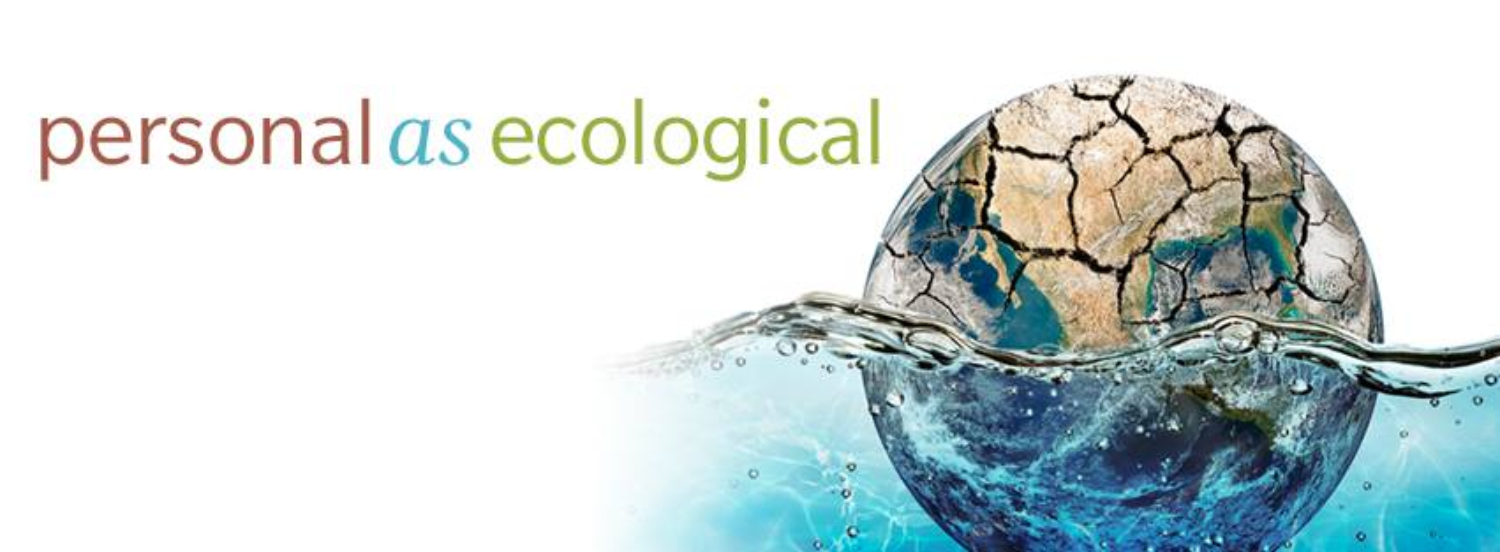The inspiration to write the book was that for 10 years before the book was published. It was clear to me that principles of Chinese medicine that kept us healthy individually, were also principles that would be very relevant in the discussion about climate change, in the discussion about environmental sustainability in general. When I was studying Chinese medicine and acupuncture school, the principles of Yin and Yang in particular, the principles of hot and cold, the principles of expansion and contraction, the principles of balance, essentially within us. I thought even before that we started to write the book my furnace would be a wonderful contribution to the discussion of climate change. So, the inspiration really was to take the principles of Chinese medicine padded the treatment room. To take the principles of Chinese medicine out into the culture, because Chinese medicine is an inherently holistic perspective. It’s an inherently holistic view of the world. And so the understanding is that what keeps us healthy, keeps our communities healthy, that keeps our culture healthy and that in turn can keep the environment healthy.
So the motivation to write the book was to take the principles that my wife and I have been applying in our clinic here in Burlington Vermont out of the treatment room and into the culture, because almost all of what we use to discuss climate changes from the usual Western perspective. And in my opinion that Western perspective is, generally speaking, is responsible for many of the assumptions that have created climate change.
And another motivation was, in writing the book was, really to be honest with myself and with the people that I work with clinically, that if we’re going to really be healthy individually, we have to talk about the health of our culture and in turn we have to talk to– we have to talk about the health of the environment. We can’t do one or the other. We can’t just talk about environmental sustainability and not talk about personal health and we can’t talk about personal health unless we’re talking about environmental responsibility. So part of the motivation of writing the book was to really be honest with myself and the people that I work with, that it really is the whole picture. We can’t be healthy individually if the environment is not healthy and the environment is not going to be healthy unless we’re healthy. So hard it was to take Chinese medical principles out into the world and part of it was really to be honest with myself and with the people that I work with that sustainability and personal health. But really, the same issue just happening.
The premise of the book is that personal health and environmental health is all health and that you can’t have one without the other. We can’t talk about our own well-being without talking about the well-being of our communities and we can’t talk about the well-being of our communities that we don’t talk about environmental health. And it’s interesting because there is a separation, really I would say inaccurate false separation between environmental issues and personal health issues. For example with people doing environmental work there’s a lot of discussion for example with climate change about the cultural issues that we need to address to address climate change but there’s very little talk about personal well-being but when you work with folks are studying with folks who are practicing herbal medicine or Chinese medicine or acupuncture there’s almost no discussion of environmental issues and at some point that just became an arbitrary distinction.
